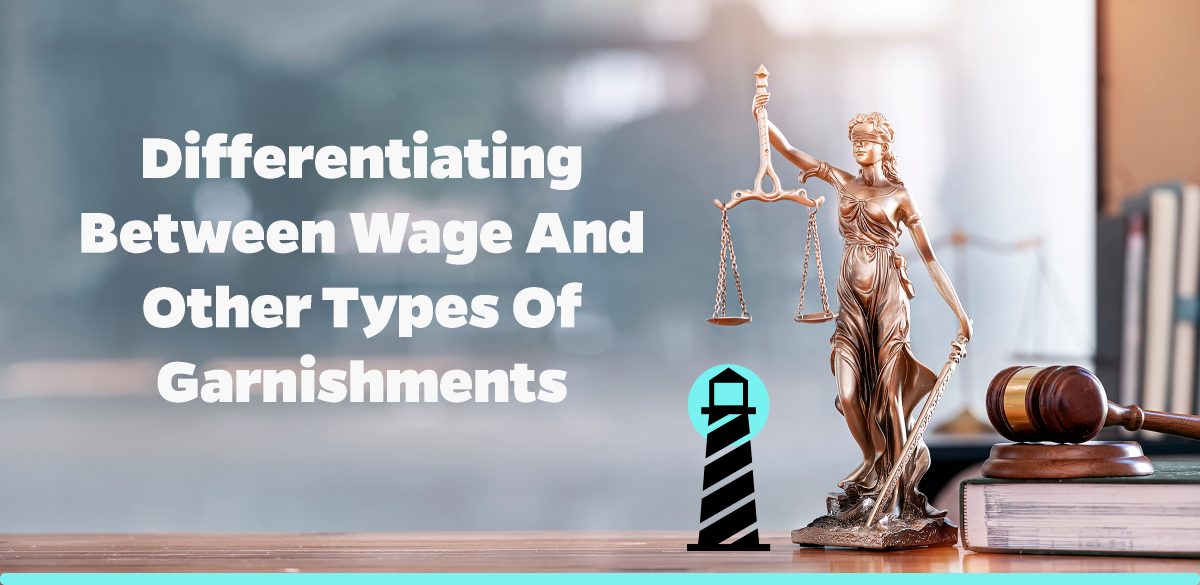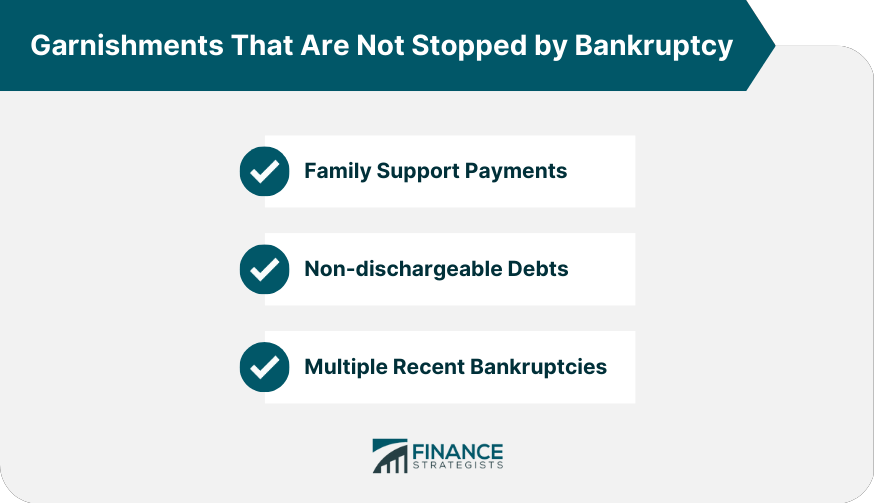Types Of Garnishments Types of Garnishment Garnishment comes in different forms but the idea is the same it s when a creditor legally takes money from you to pay off a debt Here are some common types
Wage garnishment is by far the most common type of garnishment An employee s wages whether hourly or salary are subject to garnishing up to certain limits In general for consumer debts such as automobile loans and credit cards up to 25 of an employee s wages can be garnished Most garnishments are court ordered The IRS state tax collection agencies and other non tax government agencies can also order garnishments for unpaid debts Types of debts that lead to garnishment A creditor may seek a garnishment to collect unpaid debts such as Overdue child support Unpaid taxes Defaulted government student loans
Types Of Garnishments

Types Of Garnishments
https://www.thebluediamondgallery.com/dictionary/garnishment.jpg

What Is Wage Garnishment And It s Types Find Lawyer USlawyer us
https://uslawyer.us/wp-content/uploads/2017/07/Wage-Garnishments.png

5 Types Of Wage Garnishments Workest
https://www.zenefits.com/workest/wp-content/uploads/2019/01/bigstock-Stack-Of-Credit-Cards-1398713-e1547850563352.jpg
Garnishment is a legal process where a creditor seizes a portion of a debtor s wages bank account or property to satisfy unpaid debts It typically occurs when debts such as taxes child support or loans go unpaid and a court order or government agency allows the creditor to collect directly from the debtor s income or assets Garnishment can cause financial hardship but understanding There are two different types of garnishments garnishments under federal law and garnishments court ordered by state laws Federal garnishments consist of bankruptcies creditor garnishments federal tax levies federal administrative garnishments and federal student loans Meanwhile states govern garnishments at the state level consisting
Types of Garnishments Garnishments come in several forms each addressing different financial obligations Wage garnishment the most common type involves an employer withholding a portion of an employee s earnings to repay debts This process is typically initiated through a court order and is used for obligations like overdue child Alimony garnishments involve withholding wages to enforce spousal support payments ordered by a court Similar to child support these garnishments require a court order Court ordered fines Court ordered fines can also result in wage garnishment This type of garnishment is used to collect fines imposed by a court for various offenses
More picture related to Types Of Garnishments

Differentiating Between Wage And Other Types Of Garnishments
https://brightsidetaxrelief.com/wp-content/uploads/2023/09/Differentiating-Between-Wage-and-Other-Types-of-Garnishments.jpg

Wage Garnishments And How To Manage Them APS Payroll
https://apspayroll.com/wp-content/uploads/2021/05/What-Employers-Should-Know-About-Wage-Garnishments.png

Wage Garnishment What Is It And How To Stop It TurboFinance
https://www.turbofinance.com/wp-content/uploads/2021/07/wage-garnishment-1.jpg
Types of garnishment and how it happens There are two types of garnishment Wage garnishment Creditors can legally require your employer to hand over part of your earnings to pay off your debts There are various types of wage garnishments that employees may face For example here are the key reasons that you may get an order to conduct a wage garnishment Child support is one of the most common types of wage garnishments Creditor garnishments occur when a creditor obtains a court order to collect on unpaid debts like credit card
[desc-10] [desc-11]

Can Bankruptcy Stop Garnishment Finance Strategists
https://www.financestrategists.com/uploads/Garnishments_That_Are_Not_Stopped_by_Bankruptcy.png

An Overview Of Wage Garnishments Payroll Management Inc
https://payrollmgt.com/wp-content/uploads/2018/02/Wage-Garnishments-Word-Cloud-1.png
Types Of Garnishments - Garnishment is a legal process where a creditor seizes a portion of a debtor s wages bank account or property to satisfy unpaid debts It typically occurs when debts such as taxes child support or loans go unpaid and a court order or government agency allows the creditor to collect directly from the debtor s income or assets Garnishment can cause financial hardship but understanding